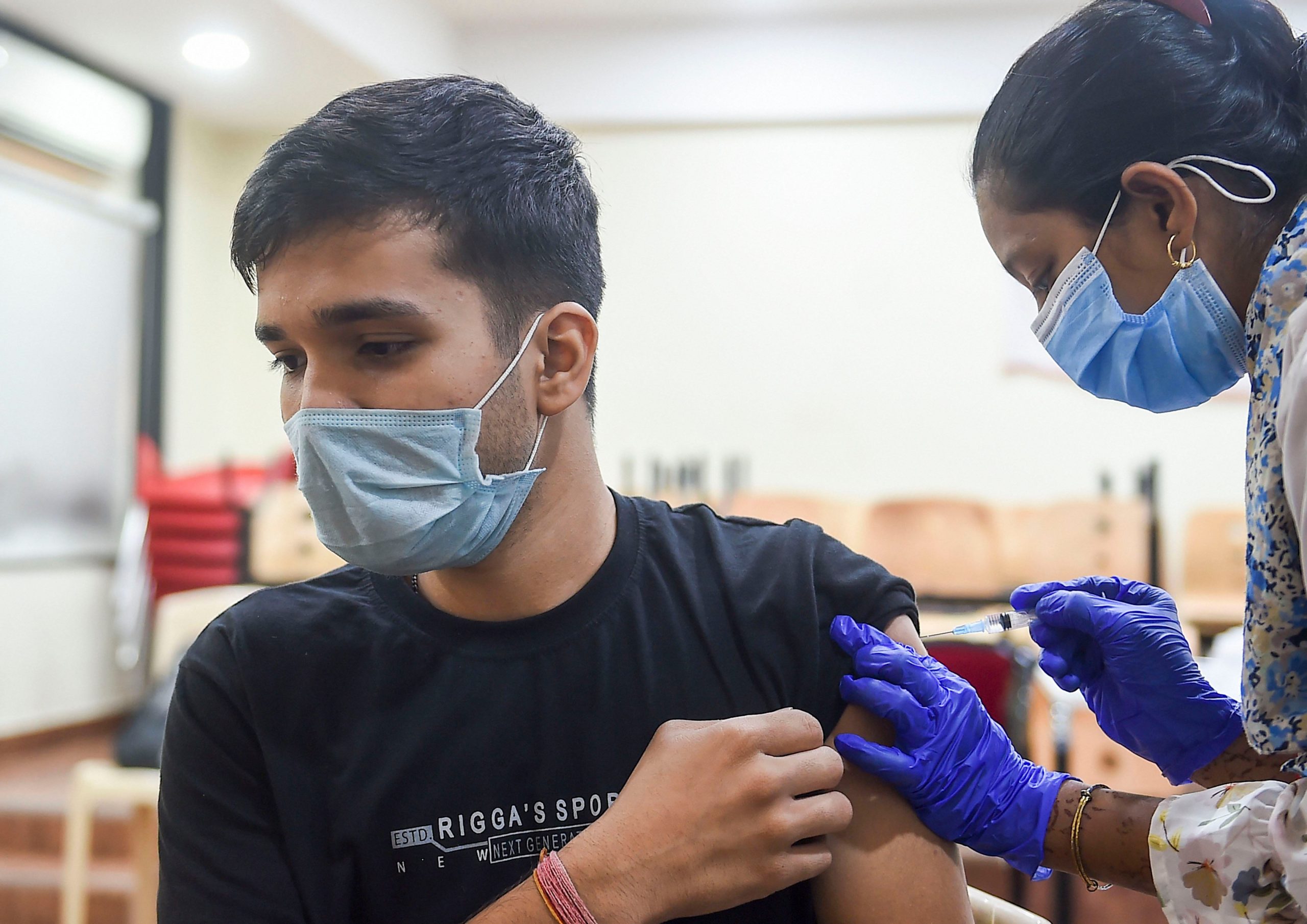The new coronavirus variant called omicron, named after the 15th letter of the Greek alphabet, has stood out to many English speakers as to how is it pronounced? However, there is no single, agreed-on English pronunciation, experts say.
According to Merriam Webster, one pronunciation is “OH-muh-kraan,” with a stress on the first syllable.
Also read: Show on Bhopal gas tragedy to star R Madhavan, Kay Kay Menon, Babil Khan
In the United States, it is often pronounced as “AH-muh-kraan,” Merriam Webster says. However, less common are “OH-mee-kraan,” as Prime Minister Boris Johnson of Britain pronounced it this week, or “OH-my-kraan.”
Meanwhile, New York Times podcast “The Daily,” Apoorva Mandavilli, who reports frequently on the coronavirus and its variants, said she was going with “AH-muh-kraan.”
“I don’t think it really matters that much, honestly,” she said.
Also read: Too early to say omicron would cause mild illness: Scientists
According to Dr. Andreas Willi, a comparative linguistics professor at Oxford University, the New Oxford English Dictionary gives a pronunciation that differs from those in Merriam-Webster. “Namely, rather like an English phrase ‘o-MIKE-ron,'” he said.
The word is a compound from the Greek “o mikron,” meaning “small o.” In classical Greek, the word was pronounced with the second syllable sounding like an English “me,” Willi said.
Peter Sokolowski, editor at large at Merriam Webster, said that because the Greek word is transliterated for pronunciation into English, sounding much as the word “omnipotent” is different from its Latin “omni-potent” origin, then the “AH-muh-kraan” pronunciation “makes perfect sense.”







